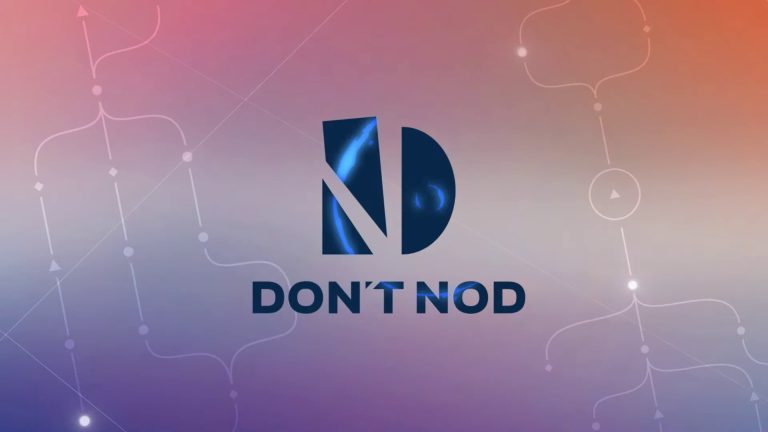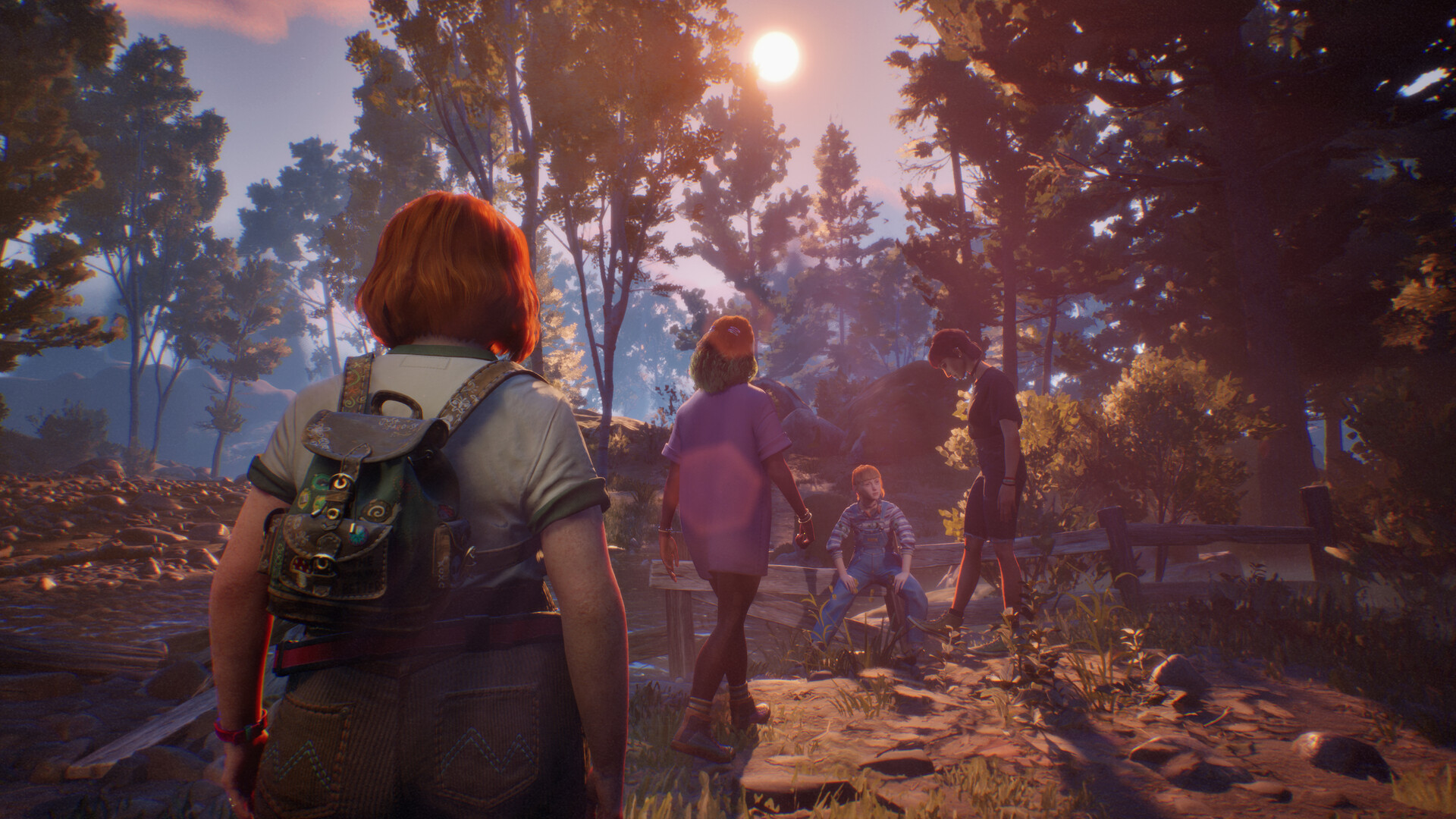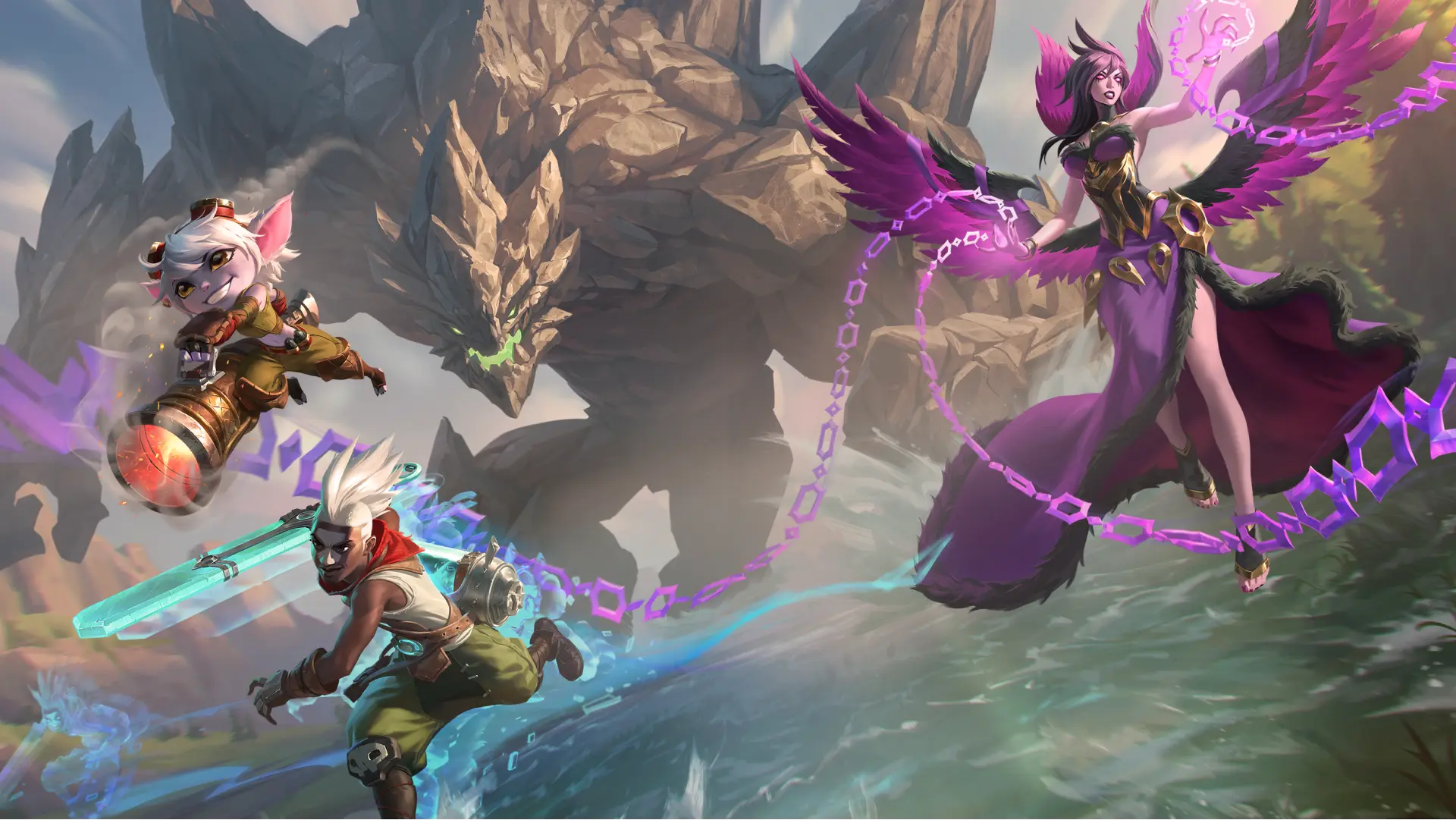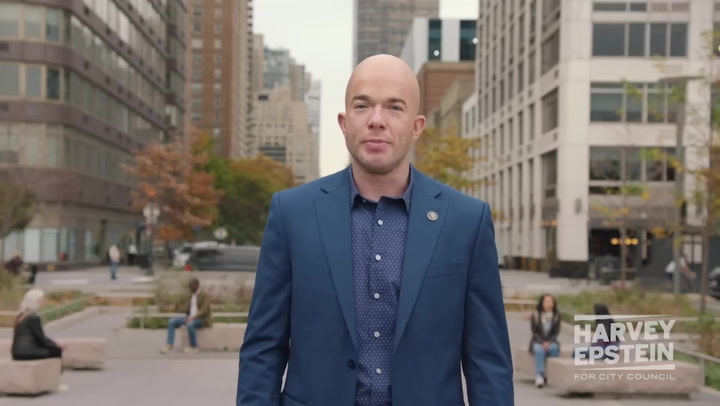
The video game industry faces yet another shakeup as Don't Nod has announced a potential layoff of up to 69 employees as part of a reorganization plan. This news raises significant concerns for the workforce and indicates a turbulent period for the company, which is already dealing with lackluster financial performance.
On October 16, 2024, Don't Nod revealed that the layoffs are a direct result of an 11% decline in operating revenue compared to last year. This downturn is attributed to the underwhelming performance of recent titles such as Banishers: Ghosts of New Eden and Jusant. While the games received decent ratings on platforms like Metacritic, they failed to meet sales expectations, forcing the studio to reconsider its operational strategy.
Financial Struggles Leading to Restructuring
In the wake of these financial struggles, CEO Oskar Guilbert stated, "The economic underperformance of our latest release is evident, and the measures we initially implemented to support performance are no longer sustainable. We need a comprehensive reorganization to secure our company’s resources and improve its competitiveness amidst the growing challenges in the industry." Guilbert expressed that this reorganization plan could set a new development trajectory for the studio but acknowledged the distress it might bring to the employees.
As part of these restructuring measures, the company has also put two unannounced projects on hold, indicating a shift in priorities as they navigate the current financial landscape. This move, however, has not alleviated concerns regarding future layoffs.
Union Response and Employee Concerns
Following the announcement, the French union Le Syndicat des Travailleurs et Travailleuses du Jeu Vidéo (STJV) condemned the layoffs, stating that the company failed to provide adequate information to employees regarding the meeting where the layoffs were discussed. They accused Don't Nod of mismanagement and have highlighted increasing burnout among its employees resulting from the company's approach to communication and management of ongoing projects.
"Alarm bells have been ringing for months," said a representative from the union, emphasizing the need for clearer communication from the company regarding its state. They have urged the workforce at Don't Nod to unite and take action to preserve their jobs and working conditions. The union's critical stance underscores the tension between management decisions and employee welfare in the current climates of corporate restructuring.
Industry Context: A Wave of Layoffs
The situation at Don't Nod is not unique. The video game industry has been facing a challenging period with thousands of layoffs reported in recent years. According to reports, over 13,000 game developers across various companies were laid off in 2024 alone, following significant layoffs in prior years. This trend highlights a broader issue within the industry, wherein companies are increasingly resorting to layoffs as a means to cut costs and recover from financial downturns.
The industry-wide cuts have raised tough questions about job security, mental health impacts on affected employees, and the overall direction of the gaming market amidst economic pressures. As competition intensifies, studios like Don't Nod must reassess their strategies to ensure survival and adaptability in a dynamic environment.
Looking Ahead: Future Projects
Despite the impending layoffs and restructuring, Don't Nod has announced that its upcoming title, Lost Records: Bloom & Rage, remains on track for release in February 2025, alongside two other projects expected to launch before the end of 2027. This creates a glimmer of hope amidst the troubling news, as successful releases could lead to a healthier environment for the studio and its employees.
It remains to be seen how the reorganization will unfold and whether the company's measures will lead to a rebound or further struggles. For now, the focus will be on balancing operational adjustments while maintaining morale and support for the dedicated teams behind Don't Nod's future projects.
Conclusion: A Call for Change
This moment in the game development industry highlights the significant impact that economic performance can have on the workforce. As Don't Nod navigates these turbulent waters, it serves as a reminder for leaders across the industry to prioritize communication, support, and transparent processes to foster a healthier work environment amidst financial difficulties.
As the situation develops, it is critical for both employees and the management of Don't Nod to find common ground that addresses the immediate challenges while ensuring the long-term stability and success of a studio recognized for its unique contributions to the gaming landscape.





.webp)

